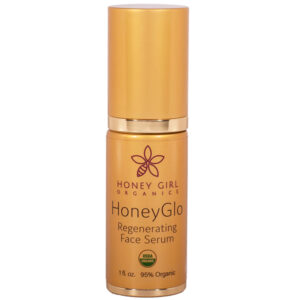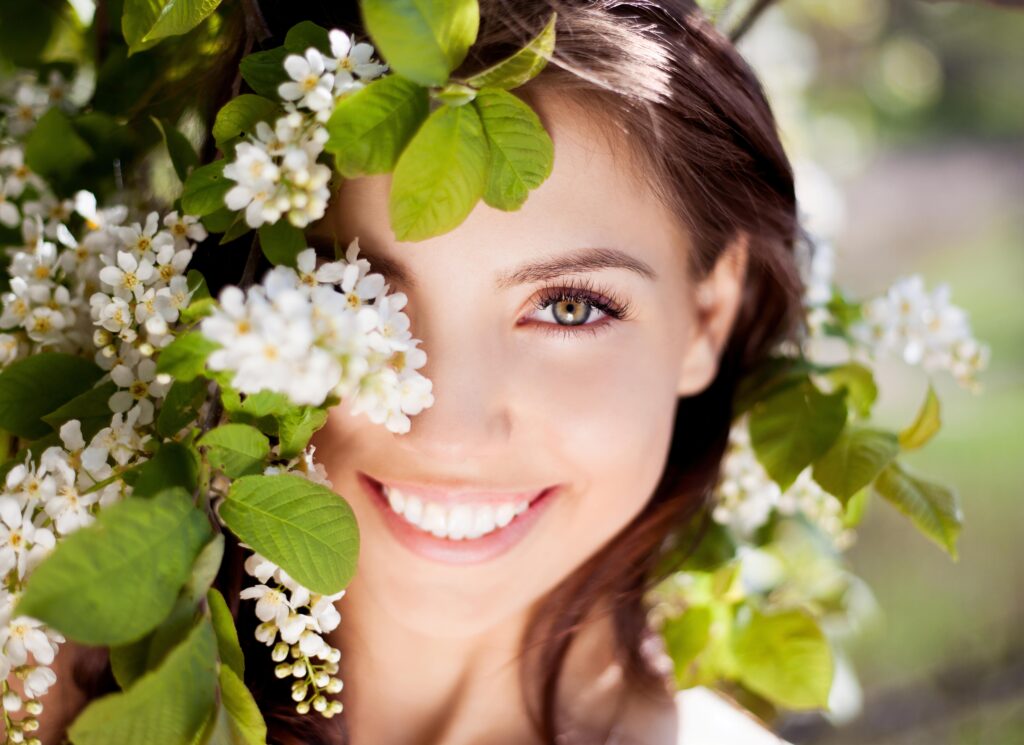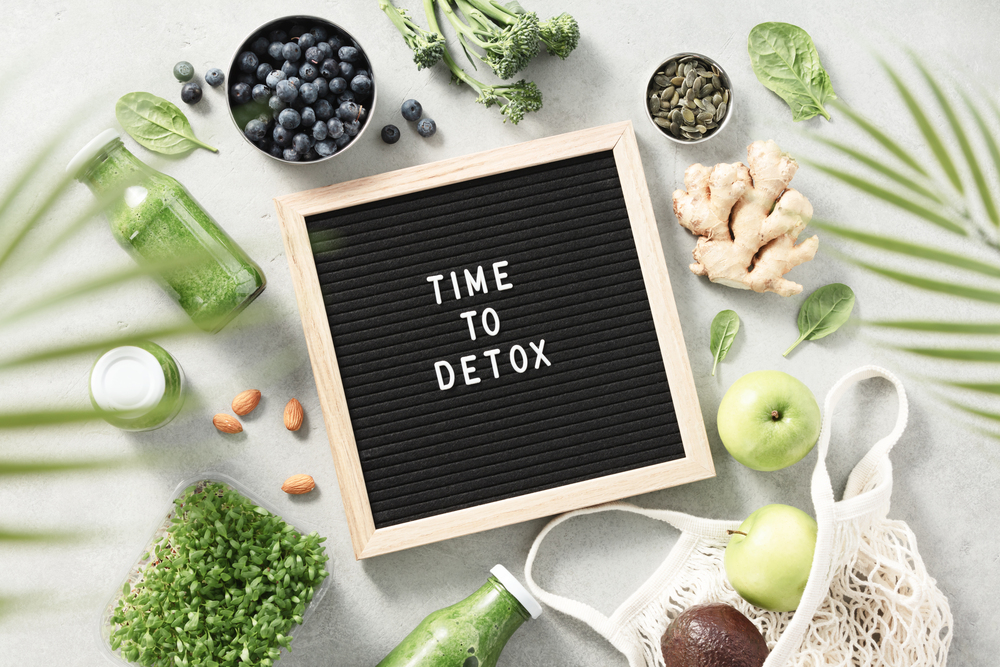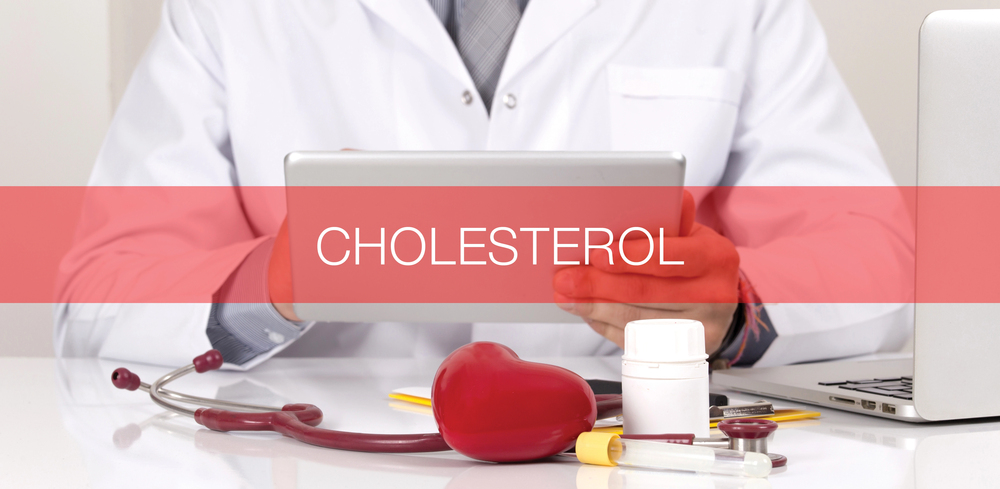Natural skin care is important for your skin and more importantly, your overall health. About 70% of what you put on your skin enters your body. Since the average person uses 10 or more skin care products each day, the skin care products they choose can have important consequences for their health. Simply put, the skin is a two-way membrane, and we need to know what we are “ingesting” via the skin.
Unfortunately, finished skincare products and their ingredients are not subject to FDA approval. (Color additives are one exception to this.) The FDA also doesn’t have the authority to make recalls of cosmetic products. Rather, cosmetic firms are responsible for verifying the safety of their products and ingredients before marketing.
What could go wrong if you don’t clean up your skincare?
Chemicals like parabens (used as preservatives) and phthalates (used to add texture and luster) have been identified in over 100 studies as disruptors of both male and female hormones systems. To make things even more difficult for consumers, current labeling laws contain a loophole that allow the use of generic terms like “fragrance” instead of identifying each ingredient. One common place for phthlates to be found is in perfume and cologne. What is a consumer to do?
Read on for 5 Ways to Get Clean Skin Care.
1. Think About the Skin Care Products You are Using
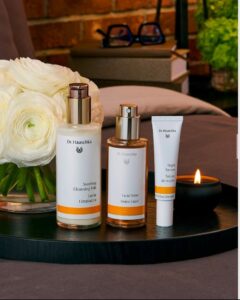
On a daily basis you may use shampoo, facial care, toothpaste, soap, deodorant, hair conditioners, lip balm, sunscreen, body lotion, shaving products, and make up. The chemicals in these products and their impact adds up over time. Each of them must be processed by the liver, adding stress to bodies that are already dealing with multiple environmental chemicals.
At Walsh Natural Health, we examine each ingredient in all of the skin care products we carry. There are only 11 ingredients banned from personal care products in the U.S., but over 40 are banned in Europe. The European brands such as Dr. Hauschka and Weleda SkinCare conform to higher EU standards. Dr. Hauschka Skin Care products are certified by Natrue (natrue.org), a European skin care certifier with strict standards. In the last several years more and more U.S. brands are also being developed that have safe ingredients.
2. Check the Concentration of Ingredients
Since natural products aren’t always available or feasible, the concentration of ingredients becomes important when making a product selection. Ingredients on skin care labels are listed in descending order of their quantity in the product. A general rule is to divide the list in thirds:
- the top third contains about 90-95% of the product
- the middle third around 5-8%
- the bottom third, 1-3%
One way to ensure a safer product that is not cost-prohibitive is to make sure the top third of the ingredients are very clean. If problematic ingredients are in the bottom third, that indicates a better product within a given price point.
3. Look for Natural Ingredients and Avoid Their Synthetic Counterparts
Emollients
Emollients are used to prevent dryness and protect the skin, acting as a barrier and healing agent. Natural emollients are metabolized by the skin’s own enzymes and absorbed into the skin. They are readily biodegradable and are of edible quality. Examples of natural emollients are plant oils such as jojoba, avocado and rosehip, as well as shea, cocoa and jojoba butters.
Synthetic emollients are PEG compounds; synthetic alcohols (anything containing the phrase benzyl, butyl, cetearyl, cetyl, glyceryl, and stearyl for example); hydrocarbons such as mineral oil, petrolatum and paraffin; and silicone oils (dimethicone, cyclomethione, copolyol).
Humectants
A humectant is used to preserve the moisture content of materials, especially in hand creams and lotions. Examples of natural humectants are lecithin, panthenol (pro-vitamin B5), and glycerin.
Many conventional creams form a suffocating film on the skin to prevent moisture loss. Examples of synthetic humectants are propylene glycol, ethylene/diethylene glycol, PEG compounds, ethoxylated surfactants such as “laureth”, and synthetic alcohols such as glyceryl coconate, hydroxystearate, myristate and oleate.
Surfactants
These are wetting agents capable of dissolving oils and holding dirt in suspension so it can be rinsed away with water. Some natural surfactants are castile soap, yucca extract, soapwort, and quillaja bark extract.
Examples of synthetic surfactants are sodium or ammonium lauryl or laureth sulfate, sodium methyl cocoyl taurate, sodium lauroyl or cocoyl sarcosinate, TEA, DEA, MEA, PEG (polyethylene glycol) compounds and lauryl or cocoyl sarcosine.
Preservatives
Skin products do not last forever, nor should they. Just like food, all natural skin care products will eventually deteriorate and go rancid. Look for natural preservatives such as essential oils of rosemary, tea tree, or thyme, grapefruit seed extract, and natural sources of Vitamin E. Natural products may be stored in the fridge to help to extend their life.
Synthetic preservatives include methyl, propyl, butyl, and ethyl paraben; DMDM hydantoin; benzalkonium chloride; butylated hydroxytoluene (BHT); and butylated hudroxyanisole (BHA).
4. Look for Organic Ingredients
After you check your products for synthetic ingredients you may want to consider whether the ingredients are organic. In 2005, the US Department of Agriculture’s National Organic Program declared that its organic food standards can now be applied to personal care products.
In order to use the Agriculture Department seal, licensed certifiers must examine formulas and determine that at least 95% of the ingredients are organic. Other products will be labeled “made with organic” ingredients which requires that at least 70% of the ingredients are organic.
5. Check an Outside Source
If you don’t have time to check each ingredient (who does!!), Environmental Working Group offers a convenient tool called Skin Deep. It rates almost 90,000 different skin care products. I don’t feel it evaluates European products very well due to different labeling requirements but is a good source for American products.
At Walsh, we are concerned about the quality and safety of your skin care products. We are proud to offer our customers products from such companies as Dr. Hauschka, Weleda, Honey Girl Organics, Inner Sense Organic Beauty, Luna Delgado Botanicals, Badger, Life Stinks, All Good Body Care, and more. Check out our great skin care products here.
We also know that the beauty and health of the skin is also dependent on the nourishment and balance of the body within. To that end, we carry products that beautify the skin and hair from the inside out like grass-fed sourced collagen peptides, sea buckthorn, biotin, pycnogenol, and more. Check out our blog Skin Health from the Inside Out for more info on that!
We will be highlighting all of our skin care products this April with samples, discounts, and demos. Stop in and make the switch to natural skin care!

